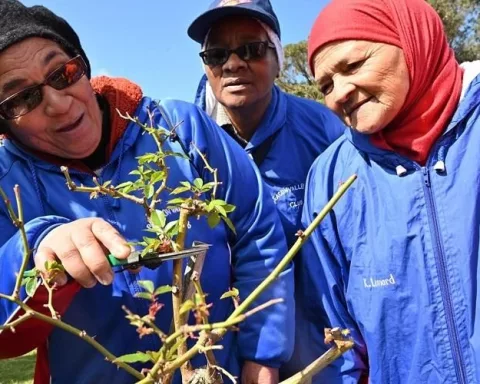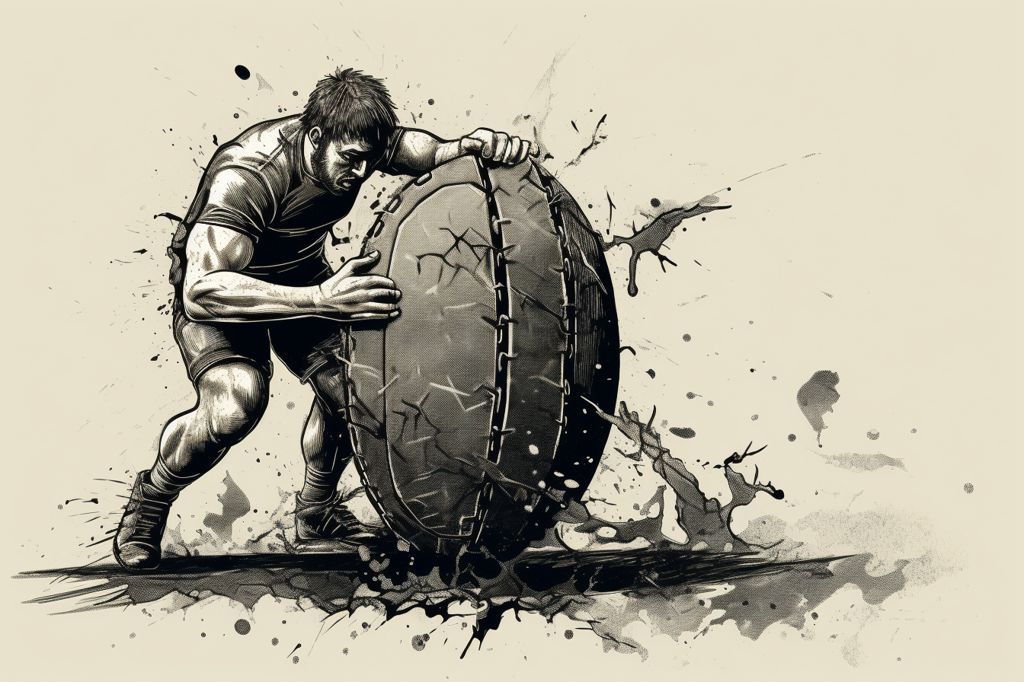Community Involvement is Key in Combating Child Abuse
Child protection experts emphasize the importance of involving the entire community in fighting against child abuse. A recent incident in the Western Cape highlights the urgency of addressing this issue.
The Incident
A woman was arrested for pouring boiling water on a 5-year-old boy named Unako Kala while he was playing with dogs in his neighborhood. The child suffered severe burn wounds, sparking outrage within the community.
Alarming Statistics
The incident is not an isolated one. Quarterly crime statistics indicate 419 cases of assault with intent to do grievous bodily harm to children in the Western Cape between January and March. Additionally, during the same period, 39 children were murdered, and 81 attempted murder cases were reported. These alarming numbers point to deeper issues within communities and the need for a collective response to combat child abuse.
Understanding the Root Causes
Marguerite Holtzhausen, the director at The Trauma Centre, explains that motivations for violence against children can range from mental health issues to substance abuse. Addressing the root causes of childhood trauma is essential, she argues, with a focus on working with children in schools. Furthermore, Holtzhausen highlights the risks children face due to a lack of safe spaces to play, emphasizing the importance of adequate supervision to protect them from harm.
Systemic Shift Needed
Edith Kriel, the director of the child protection organization Jelly Beanz, echoes Holtzhausen’s concerns, pointing out that many South Africans are constantly in survival mode, leaving little room for empathy or kindness. She emphasizes the need for a systemic shift to prevent child abuse, which includes providing social support to parents. Kriel acknowledges the government’s efforts in creating the childcare grant but stresses the ongoing challenges faced by families due to the brokenness resulting from the legacy of apartheid.
Insufficient Protection
Kriel also questions whether there are sufficient facilities and after-school programs to protect children effectively. Child rights activist Lucinda Evans shares these concerns, expressing her shock over the recent incident and calling for increased support and services for women and mothers, especially those struggling with mental health issues.
Providing Support
The Department of Social Development is reportedly aware of the recent case, and a social worker from a partnering non-governmental organization has been in contact with Unako’s family to provide necessary psychosocial support.
Community-Driven Approach
In conclusion, the fight against child abuse requires a comprehensive, community-driven approach that addresses the root causes of violence and provides necessary support for both parents and children. This not only involves tackling mental health issues, substance abuse, and the lack of safe spaces for children but also involves creating a systemic shift in societal attitudes towards empathy and compassion. Only through such efforts can the safety and well-being of children in the Western Cape and beyond be effectively safeguarded.












